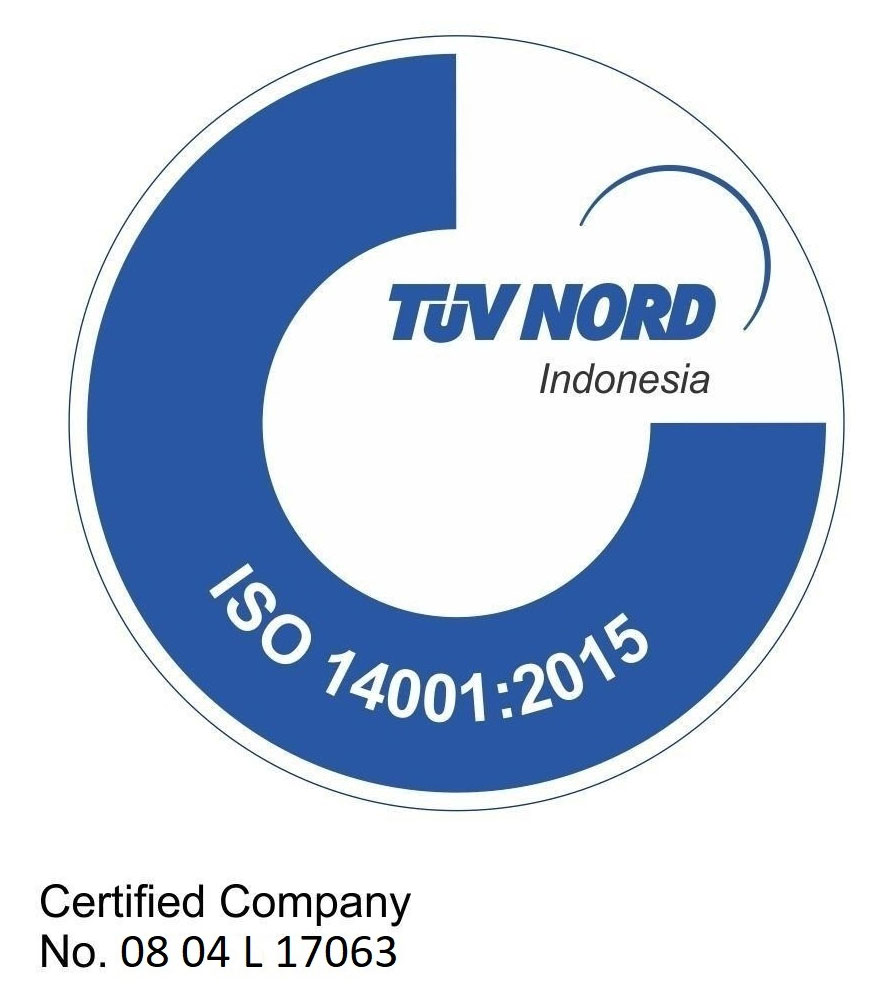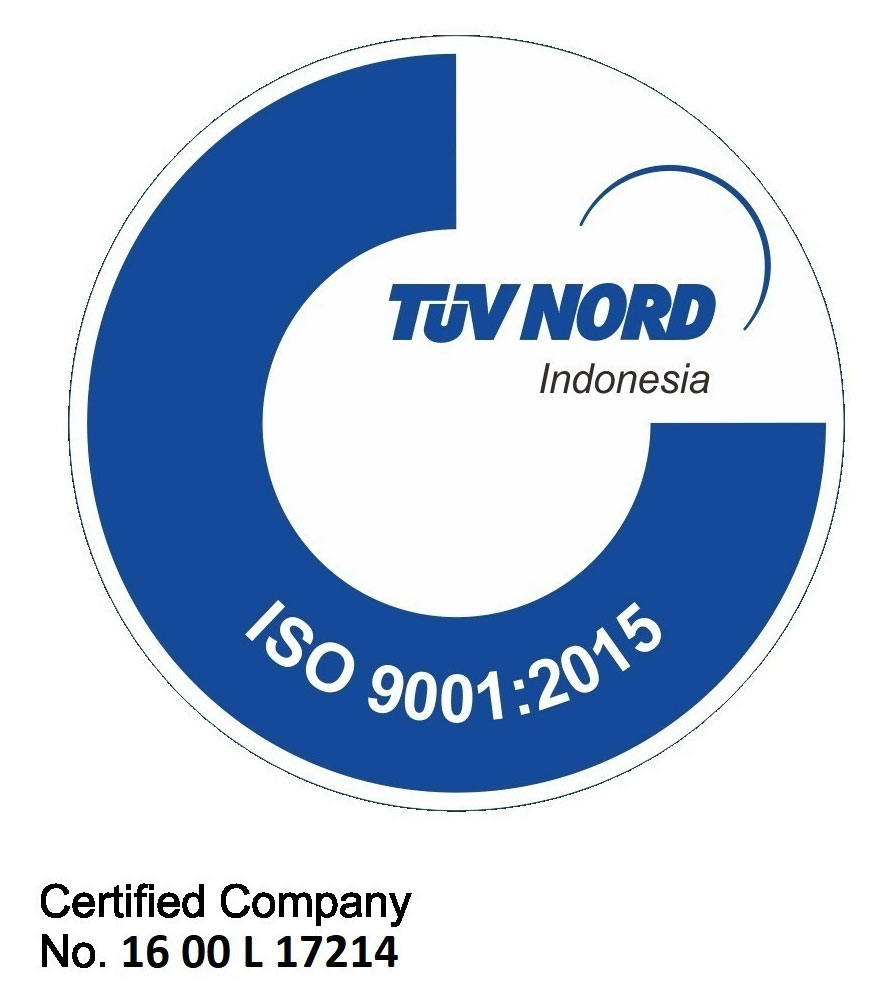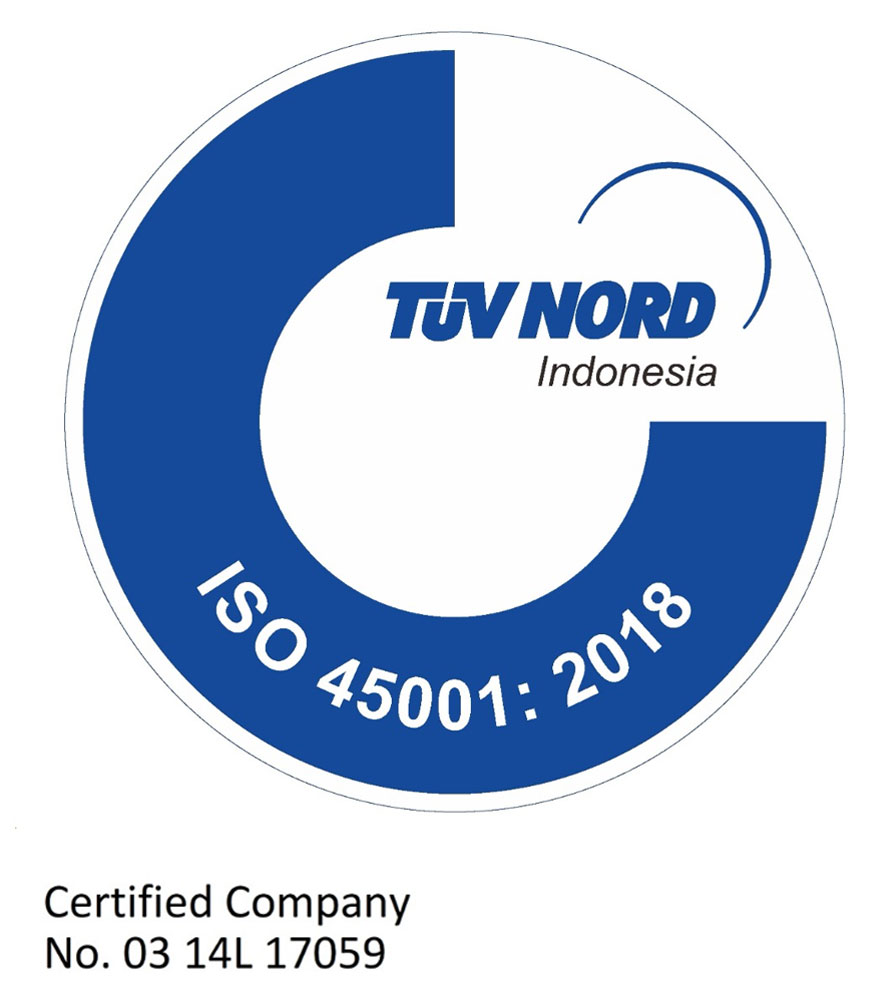Almost everyone would come to an agreement that to achieve world-class maintenance status is a great thing, but what exactly does this mean and how do you know when you get there?
Given all the engineering and metrics involved, you would expect an equally crisp, uniform definition of world-class maintenance. However, if you do a search on the web for “world-class maintenance,” you will get an approximately 3,8 Billion hits. When you scan through some of those hits, you will not see any common references quoted or any identical definition of world-class maintenance.
Listed below are a few examples of world-class maintenance performance benchmarks from a much larger informal list that seems to have been developed by consensus over the years:
- Maintenance work related overtime is less than 5 %.
- Planned maintenance work is more than 90 %.
- PM schedule related compliance is more than 95 %.
- The percentage of work covered by a work order is 100 %.
- Equipment availability is at the minimum 90 %.
- Equipment efficiency is at the minimum 95 %.
- Overall equipment effectiveness is at the minimum 80 %.
- Maintenance schedule compliance is more than 95 %.
World-class maintenance is not just about the maintenance practices of the maintenance organization in isolation but It is also about the way the entire organization uses all the ways at its disposal to protect its ability to produce exceptional value for its customers. It is a journey, not a destination — a process, not a product.
There is no shortage of metrics, benchmarks and strategies to help keep you on the path of continuous improvement, but exceptional performance comes from being part of an organization that requires it. This means having a world-class maintenance mindset that requires nothing less than excellence in all aspects of maintenance and the production of value for the customer.
Does your organization do all it can to consistently enable excellence within your maintenance structure? Do you have a world-class maintenance outlook? What do you do to maintain a culture in your organization that supports world-class maintenance?





